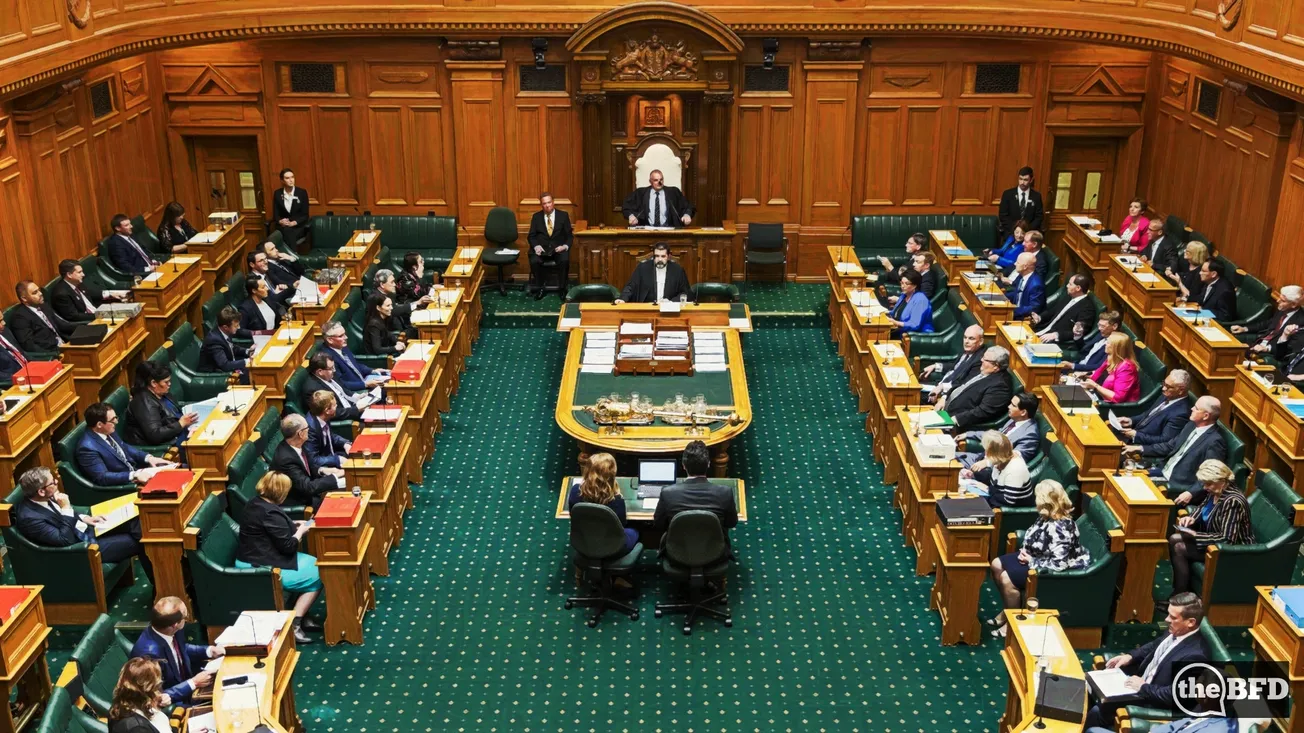Table of Contents
Simon O’Connor
Husband, step-father, and longtime student of philosophy and history. Also happen to be a former politician, including chairing New Zealand’s Foreign Affairs, Defense, and Trade Committee.
Imagine going onto a marae and as the karanga (call) begins, blasting a trumpet to announce your arrival. Or, as the warrior presents the wero (challenge) you give him a friendly smack on the back, say ‘good on you mate’ and carry on to the front door of the meeting house. Then once inside, proceed to start your oration before the hosts have welcomed you.
We would never do that.
The reason is simple – it not tikanga or protocol. It is also not particularly polite and in fact, would be downright disrespectful.
In recent days however, Parliament’s Assistant Speaker, Maureen Pugh, is under fire from some quarters for not letting guests in the public gallery give speeches. In this case, a treaty settlement had just completed and as has become an accepted convention, a waiata was sung. Those in the gallery then began to give speeches and the Assistant Speaker shut them down. This is entirely appropriate. The public have never – and are never – allowed to speak from the public gallery of parliament. It might be lost on critics, but only members of parliament speak in Parliament. It’s a rather simple concept really.
Now the critics are the usual suspects – the Maori Party and the likes of Willy Jackson in Labour, all ably supported by some in media. These are of course, the same people who talk a big game about the importance of tikanga. But as we can see, only their tikanga matters (which, it can be often observed, seems to change to suit their circumstances). Not the tikanga of Parliament in this instance.
As you would expect, the Assistant Speaker is being accused of racism, lacking cultural sensitivity, and all the usual palaver. The irony of course, is that those accusing her are in fact the very ones lacking any ‘cultural’ sensitivity or awareness. As I say, the culture of parliaments around the globe do not allow the public to speak in their chambers.
The iwi involved themselves have acted graciously. I can appreciate their own emotions that day and desire to speak. So this op-ed is not about them. Their comments afterwards actually showed great humility and I suspect, an acceptance of the protocols in play.
If there is one plus-side, it is this: it demonstrates clearly, and for all to see, that the likes of the Maori Party don’t really believe in tikanga or protocol. They only believe in what is good for them and show little respect for others.









